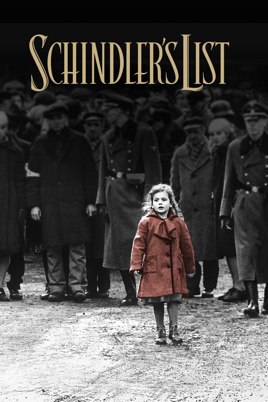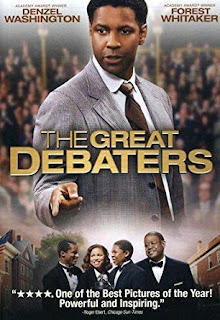 |
| Image source: itunes.apple.com |
Schindler's List! Yes, I watched it again and it gave me goosebumps once again.
One should not simply stand alongside and observe when something seriously wrong is happening. One needs to act, in whatever capacity possible, but some action to eliminate that wrong is needed. Will that action help, or to what extent it will help doesn't really matter. What matters is whether you acted or not. Schindler's List is about such action. It's about the action of a single man to save lives of the innocents from the entire hateful killing machinery known as Nazis.
This man was Oskar Schindler. Apart from his act to save around a thousand odd Jews from the onslaught of Nazis, what appealed to me was his detachment from the ego generally attached with any social work. So Schindler considered himself as a mere businessman doing his job and he never ever pretended that he was doing some great social work. Another important point which needs special mention is that Oskar acted not just emotionally but really very strategically so that maximum number of people can be saved. And this is what needed.
The little girl with red coat and and pianist playing the piano when Nazis were continuously firing the guns around are two points in the movie which exhibited the positivity and the ray of hope even in the darkest moment.
So my impression about the movie is that its about optimism and the power of common men to do uncommon things.


